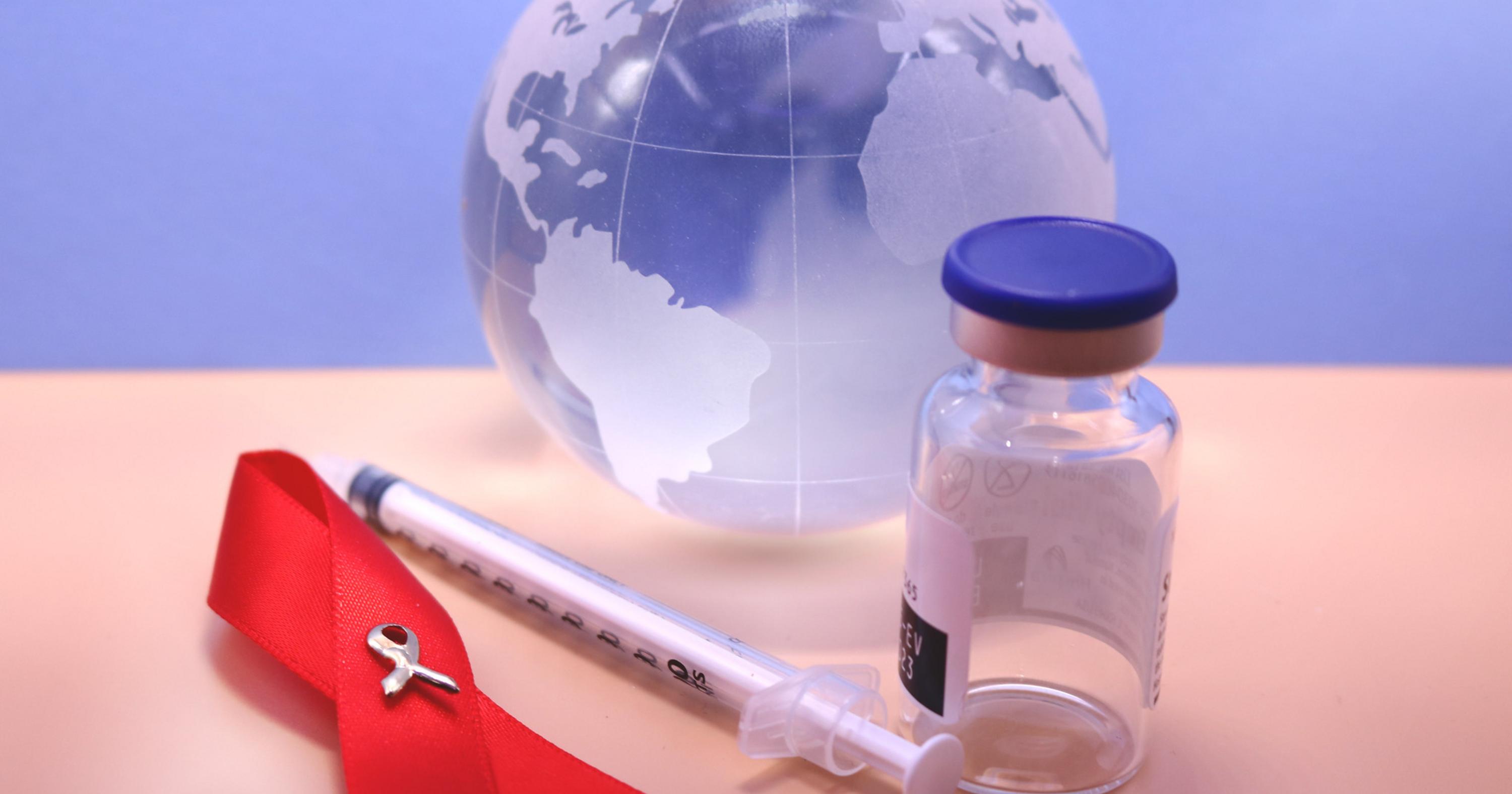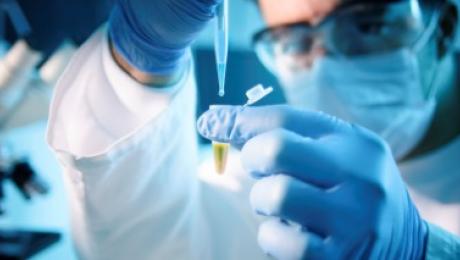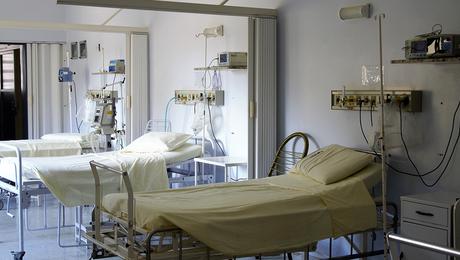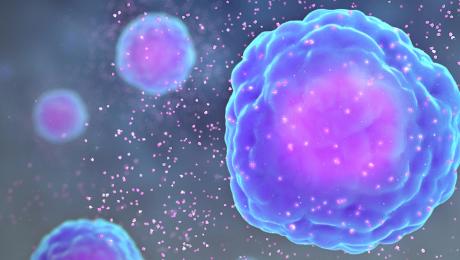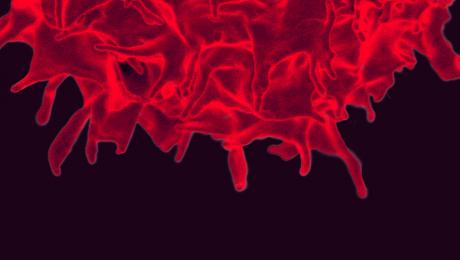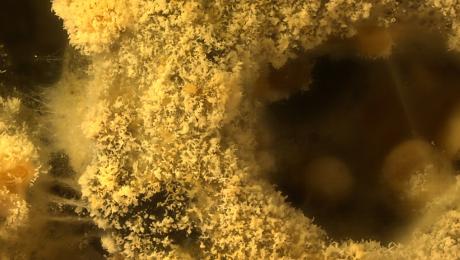All News
Study shows an increase in immune response induced by the HPV vaccine in middle-aged men
Vaccine, Immunity, and Cancer Directorate, HPV Serology LaboratoryPosted 12/14/2021A study conducted in part by researchers of the Frederick National Laboratory for Cancer Research (FNL) HPV Serology Laboratory showed middle-aged men who received three doses of the quadrivalent human papillomavirus (HPV) vaccine experienced a robust immune response to vaccine antigens—critical for long-term protection against HPV.
The human papillomavirus (HPV) is one…
Rapid response team grows NIH study network during pandemic
Clinical Monitoring Research ProgramPosted 10/28/2021In the push to find treatments for the novel coronavirus, a Frederick National Laboratory team helped enroll thousands of participants in clinical trials and brought on board community hospitals as new study sites to join the research effort amid the pandemic.
The partnership with community-based hospitals as clinical trial sites was highlighted in a recent commentary in…
Biomarker analysis reveals clues to COVID-19 disease severity
Neutrophil Monitoring Laboratory, Immunological Monitoring LaboratoryPosted 10/21/2021Predicting disease severity from a SARS-CoV-2 infection has been an elusive but critical need in addressing the COVID-19 pandemic, as some patients experience mild symptoms while others develop fatal complications. As scientists try to determine what contributes to infection levels and mortality, several medical signs are providing potential answers.
The Neutrophil…
Though rare, HIV leads to blood cancers
Laboratory Animal Sciences ProgramPosted 10/13/2021HIV plays a direct role in causing blood cell cancers in rare instances, says a new study of HIV and tumor DNA.
Scientists have long known that HIV contributes to several cancers by weakening the immune system’s ability to fend off cancer-causing infections like Kaposi sarcoma–associated herpesvirus and Epstein-Barr virus. However, this latest study, published in Science…
Coronavirus spike protein deteriorates during storage, but it can be restored
National Cryo-EM FacilityPosted 10/6/2021The spike protein critical for coronavirus research -- and for some COVID-19 vaccines -- slowly deteriorates while in storage, which can affect research results and vaccine production, a new study suggests. But the effect can be reversed.
The SARS-CoV-2 spike protein, which is used in laboratories around the world, is unstable under conventional storage conditions of…
Like a natural: Scientists seek compounds to target and study rare skin cancer
Basic Science ProgramPosted 9/22/2021A team of scientists has gone fishing, but they’re interested in more than the bounty of the seas: They’ve also cast out nets on land. And they’ve never left the laboratory.
Their “nets” are high-powered chemical and biological analyses. The team, a group of cancer biologists, dermatologists, biochemists, natural product chemists, and bioinformaticians, hasn’t been…
Manufacturing and quality assurance expertise by Frederick National Laboratory supports NCI’s pioneering cancer immunotherapy program
Posted 9/15/2021A grim statistic is driving Steven Rosenberg’s mission to find new cancer treatments—and his partnership with Frederick National Laboratory (FNL) to do so.
“Every year in the United States, about 600,000 people die of cancer, 90% of whom die of the solid epithelial cancers,” said Rosenberg, the M.D., Ph.D., chief of the National Cancer Institute’s (NCI) Surgery Branch,…
Technical Service Program provides researchers worldwide with access to unique services
Partnership Development Office, AIDS and Cancer Virus Program, Nanotechnology Characterization Laboratory, Laboratory Animal Sciences ProgramPosted 9/9/2021The Frederick National Laboratory for Cancer Research (FNL) not only tackles some of the world’s greatest biomedical challenges but also serves as a shared national resource to enable high-quality research beyond its walls. One way FNL does this is through the Technical Services Program.
The Technical Services Program gives investigators worldwide access to some of FNL’s…
In cancer first: Two heads are better than one
Basic Science ProgramPosted 9/1/2021Their study started to unravel the riddle of how cancers spread, demonstrating that tumors are comprised of different types of cells, or heterogeneous. Up to this point it was thought that cancer cells in a tumor were identical to each other.
The work conducted by husband-and-wife Isaiah (Josh) Fidler, D.V.M., Ph.D., and Margaret Kripke, Ph.D., in Frederick would…
Collaborative seroprevalence study highlights Protein Expression Laboratory’s capabilities
Protein Expression LaboratoryPosted 8/25/2021In a recent study that sought to measure antibody prevalence in participants who had not previously been diagnosed with a SARS-CoV-2 infection, a team of National Institutes of Health researchers reported that for every person diagnosed with COVID-19 in the spring and summer of 2020, it’s estimated that five additional people infected with the virus went undiagnosed. This…


